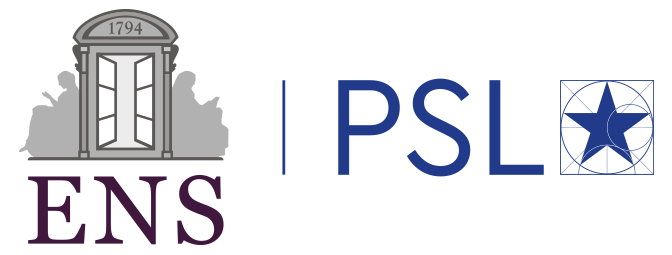Domaines
High energy physics
Type of internship
Théorique, numérique Description
In recent years, energy correlators have emerged as an excellent tool to study Quantum Chromodynamics (QCD) in collider experiments. These observables are multi-point correlation functions of the energy flow operator, which measures the energy flux in a given direction at the asymptotic infinite. When measured inside jets, an N-point energy correlator captures how energy is distributed among all possible combinations of N-detected hadrons within the jet, as a function of their angular separations. Following their theoretical development, energy correlators have recently been measured for the first time at the LHC in proton–proton, proton–lead, and lead–lead collisions. Measurements within jets in the latter two systems show significant modifications relative to the proton–proton case, whose physical origin has not yet been firmly established. The goal of this internship is to combine perturbative QCD techniques with the unique quantum field theory properties of energy correlators to compute their nuclear modifications. Depending on the candidate’s interests, the project may also include a more involved numerical component to complement the analytical approach. This work will give the intern hands-on experience with (semi-)analytical QCD calculations, while keeping a connection to phenomenology and providing an opportunity to contribute to a rapidly evolving and highly active research area. For interested candidates, the internship can also serve as a natural pathway to a PhD.
Contact
Carlota Andres
